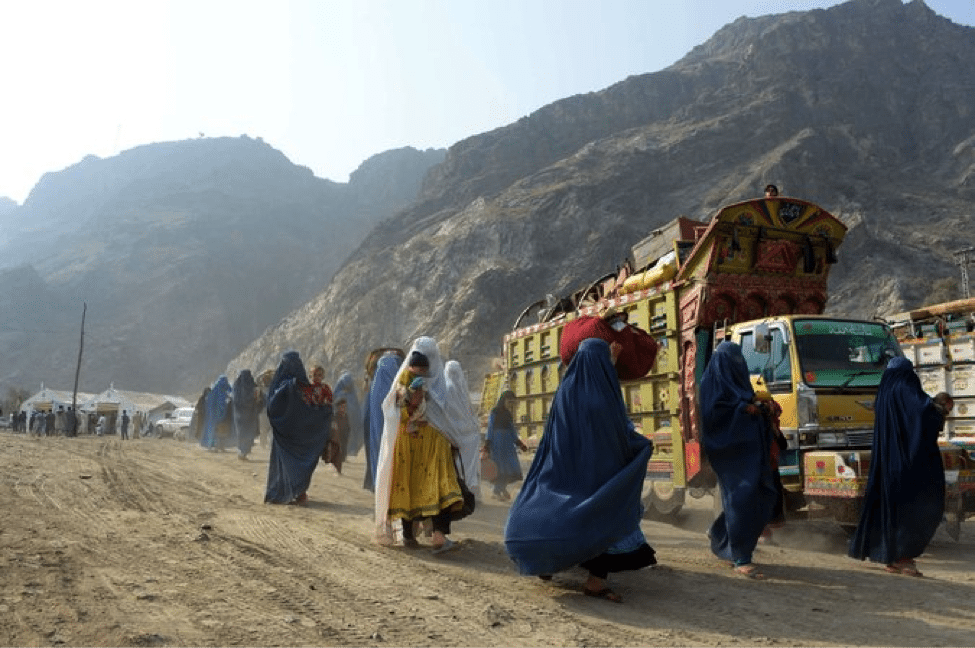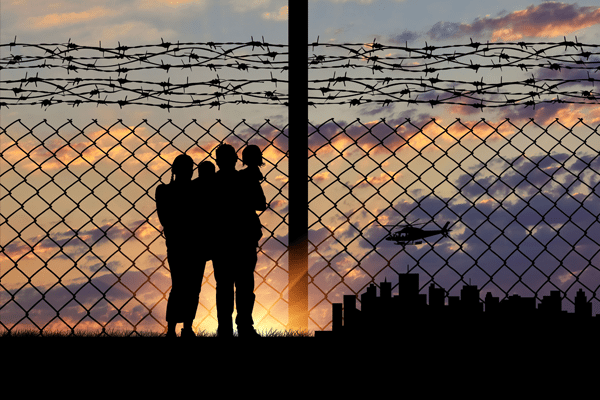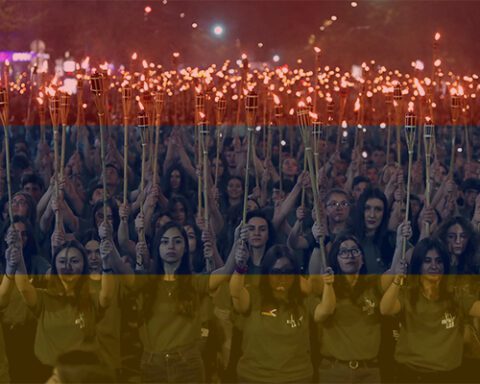After America’s longest war, thousands of refugees that fled the conflict face forced repatriation to Afghanistan, a country still at war.
As Afghanistan fades from international attention and the Taliban control more territory than any time since the American led invasion of 2001, over one and a half million refugees that managed to flee from the conflict may now have to return.
A deal struck between the European Union and Afghanistan seeks to send Afghans that were denied asylum status in Europe back to a country that has seen continual war. The repatriation deal, called the Joint Way Forward, was announced alongside a promise to provide $3.75 billion in developmental aid per year for the next 4 years. The agreement states: “The EU and the government of Afghanistan intend to cooperate closely in order to organize the dignified, safe and orderly return of Afghan nationals to Afghanistan who do not fulfill the conditions to stay in the EU.”
Despite a leaked memo that referred to some aid as “migration sensitive” and an acknowledgment to a worsening security situation, EU officials denied that there was an ultimatum to accept the asylum seekers or risk losing aid.
Iran and Pakistan have also increased efforts to deport Afghan refugees. According to the United Nations High Commission of Refugees, Pakistan alone hosts 1.4 million registered, and as much as 600,000 undocumented Afghan refugees. The government of Pakistan gave Afghans seeking refuge a deadline of November 15th to obtain legal documents. Those that fail to obtain a passport or visa will face arrest and deportation. Pakistan has already forced more than 10,000 refugees back to Afghanistan, and authorities continue to apply increased pressure to those that remain, with some facing arrest and police harassment.

According to the United Nations Assistance Mission in Afghanistan (UNAMA), 2015 had the highest recorded amount of civilian casualties in Afghanistan. UNAMA documented 11,002 civilian casualties in 2015, with UN High Commissioner for Human Rights, Zeid Ra’ad Al Hussein, stating “The people of Afghanistan continue to suffer brutal and unprincipled attacks that are forbidden under international law … This is happening with almost complete impunity.”
Forced repatriation of refugees to a country where they face persecution is known as “refoulement,” which is prohibited under international law. Traditionally, international law primarily influences official state actors, exerting little to no influence over groups like the Taliban or the Islamic State. “Forcibly expelling refugees from Pakistan would be a clear breach of the principle of non-refoulement: the right not to be sent back to a country where one might be at real risk of serious human rights violations,” stated Omar Waraich of Amnesty International.

In 2016 alone, the United States is investing in excess of $1.25 billion in foreign aid to Afghanistan, yet the government of Afghanistan still struggles to provide basic necessities to its people. The process of repatriating asylum seekers places additional burdens on a government that can ill afford to handle them, from increased security concerns to government and development. Asylum seekers will also struggle to enter the labor market given Afghanistan’s current unemployment rate of 35%. Timor Sharan, Senior Analyst for the International Crisis Group in Afghanistan, stated, “This is putting unreasonable pressure on the Afghan government, which is not able to respond to such numbers.”
While Europe and Pakistan struggle to cope with the current refugee situation, and western countries shift attention to the Syrian crisis, security continues to dwindle at the site of America’s longest war. As pressure mounts, asylum seekers face almost certain return to a country that may be more unstable now, than when they left it.
J. David Thompson, Lima Charlie News
J David Thompson (US Army) is a Juris Doctor candidate at Washington & Lee University School of Law focusing on International Human Rights Law. He is a Veterans in Global Leadership Fellow, and brings experience on human rights, international relations, strengthening civil society, refugee issues, interagency collaboration, and countering violent extremism. Prior to Washington & Lee, he served in the US Army as a Military Police officer and Special Operations Civil Affairs with multiple deployments to Afghanistan and one to Jordan—receiving a Bronze Star amongst other decorations. In Jordan, David worked at the US Embassy in countering violent extremism, strengthening civil society, and refugee response with other United States Government organizations, the United Nations, and various non-governmental organizations.
Follow David on Twitter | @JDThompsonLC
Lima Charlie provides global news, insight & analysis by military veterans and service members Worldwide.
For up-to-date news, please follow us on twitter at @LimaCharlieNews






![Blossoming Russo-Turkish alliance leaves U.S., NATO behind [Lima Charlie News]](https://limacharlienews.com/wp-content/uploads/2019/07/Russia-Turkey-alliance-leaves-U.S.-NATO-behind-480x384.png)



